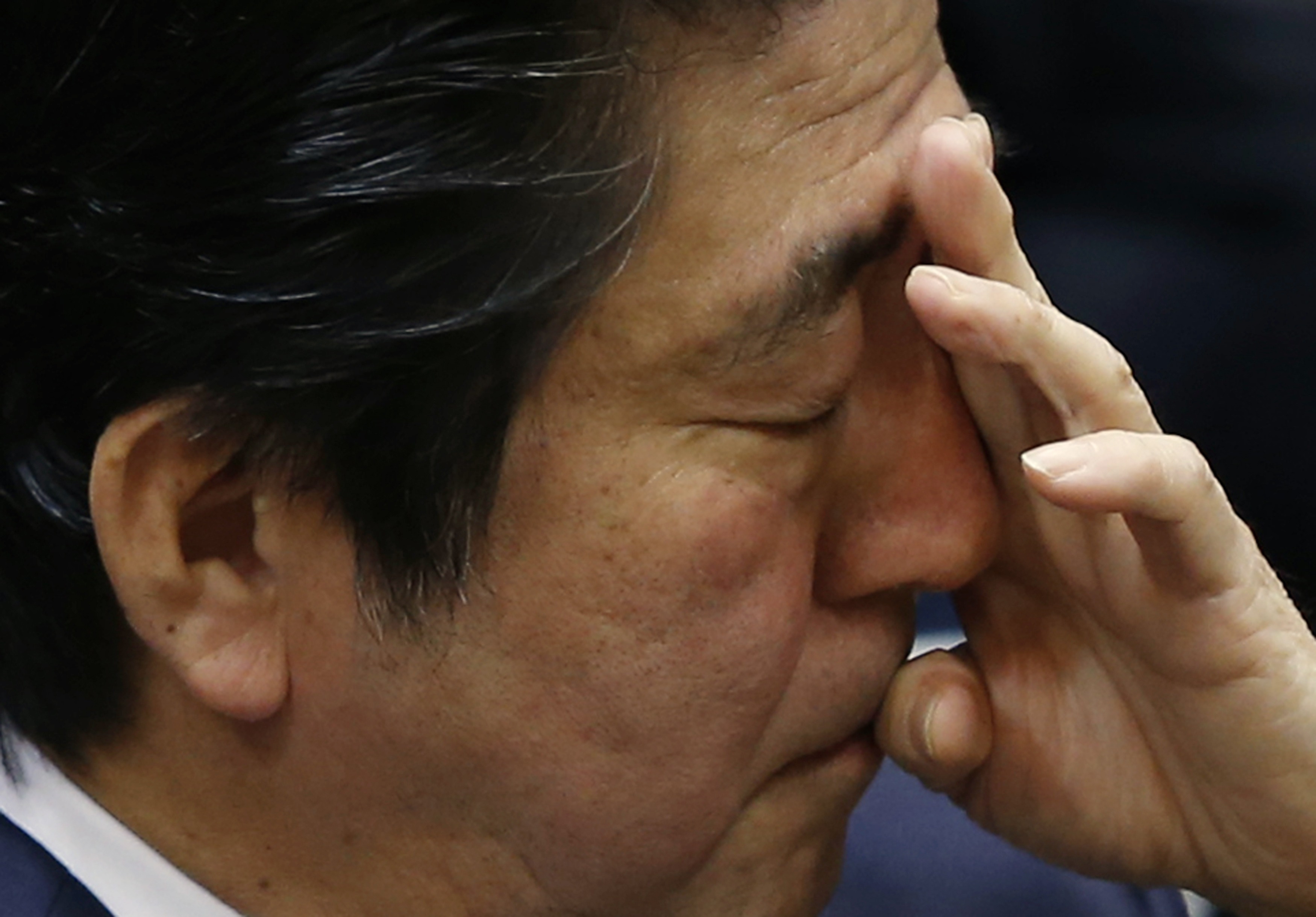Japan must work with the international community to fight terrorism and boost ways to ensure the safety of its people, Prime Minister Shinzo Abe said on Monday, a day after Islamic State militants said they had beheaded a Japanese journalist.
The militants said on Sunday they had beheaded Kenji Goto, a veteran war reporter, after international efforts to secure his release through a prisoner swap failed. They killed another Japanese hostage, Haruna Yukawa, a week before.
Abe reiterated his denunciation of the militants and said Japan was firmly committed to fulfilling its responsibility as a member of the global community in fighting terrorism.
"If we don't move together because we're scared of terrorists it will be just as the despicable terrorists want," Abe told reporters.
In a show of defiance on Sunday, Abe vowed to boost Japan's humanitarian aid for the Middle East.
The hardline Islamist group, which controls large parts of Syria and Iraq, on Sunday released a video purporting to show the beheading of Goto, 47, who was captured in late October.
The video was released a week after footage was issued appearing to show the beheaded body of Yukawa, who the militants seized in August after he went to Syria to launch a security company.
The killings are fanning calls to allow Japan's long-constrained military to conduct overseas rescue missions as part of Abe's push for a more muscular security posture.
Abe told a parliamentary panel that Japan, whose military has long been constrained by the post-World War Two pacifist constitution, could not take part in U.S.-led air strikes on Islamic State, nor would it provide logistical support.
But he said he wanted to debate the possibility of rescuing nationals overseas when they were in danger.
Scope for the military to mount such missions is limited by law but the government already plans to submit revisions to parliament to ease restrictions.
Abe's government had put high priority on seeking the release of Goto, who was captured when he went to Syria to try to seek Yukawa's release.
Goto's wife, Rinko, who had appealed for his safe release, said she and the family were devastated.
"I remain extremely proud of my husband, who reported the plight of people in conflict areas like Iraq, Somalia and Syria," she said in a statement posted on the Rory Peck Trust, a London-based organisation supporting freelance journalists.
"It was his passion to highlight the effects on ordinary people, especially through the eyes of children, and to inform the rest of us of the tragedies of war."






















































